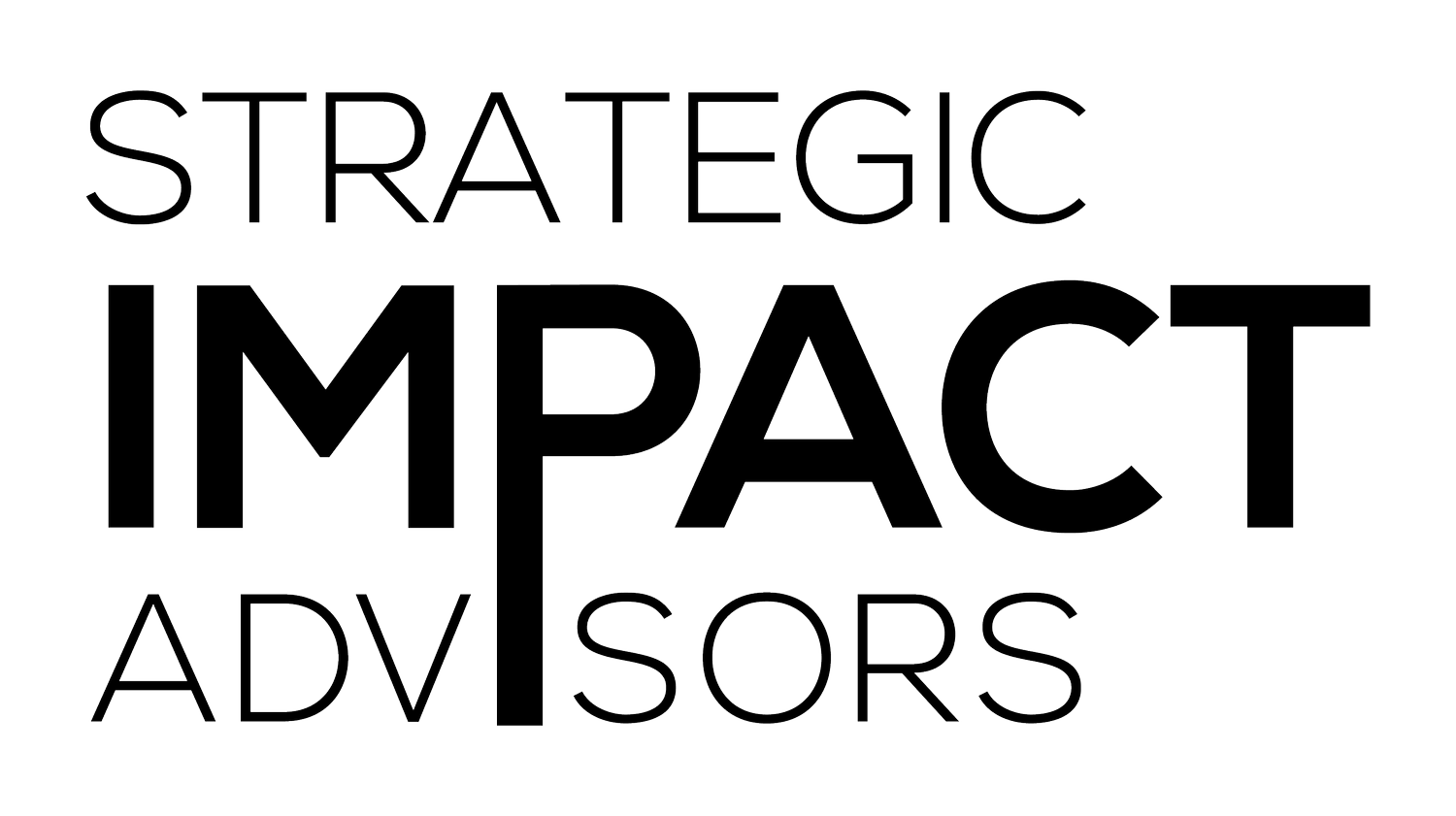Blockchain’s impact on development, in the words of the Zen master
On his sixteenth birthday the boy gets a horse as a present. All of the people in the village say, "Oh, how wonderful!" The Zen master says, "We'll see."
One day, the boy is riding and gets thrown off the horse and hurts his leg. He's no longer able to walk, so all of the villagers say, "How terrible!" The Zen master says, "We'll see."
Some time passes and the village goes to war. All of the other young men get sent off to fight, but this boy can't fight because his leg is messed up. All of the villagers say, "How wonderful!" The Zen master says, "We'll see."
It is literally impossible to attend an ICT4D forum, workshop, or webinar these days without a session on blockchain. The session typically begins with a reminder that blockchain goes beyond Bitcoin, that the underlying general distributed ledger (or GDL) technology has a wide range of properties, that this technology is ideal for various development issues, and that it can be truly transformational. The sessions are always well attended and there is a real feeling among development practitioners that they will miss out if they do not have a blockchain pilot in the works for 2018.
Currently, I am working on a financial sector transformation project for USAID in Ukraine. We have had numerous discussions with the Central Bank on the topic and relevant ways to use the technology. Below is a copy of a slide I often use.
There are dozens of similar slides being presented by others. In addition to slideware for development gatherings, companies large and small are developing bespoke blockchain-based applications to address a range of issues. Among the most common are: agricultural product traceability, land title reform and compartmentalized access to identification information. As expected, near-term applications of blockchain technology are concentrated at the institutional level, focusing on business to business-level transactions. While many of these pilots show promise, the potential cost savings and technical advantages thus far have been limited.
Key questions that we as development practitioners need to ask before scarce project resources are devoted to blockchain include:
Is blockchain really better than existing platforms and frameworks? Why and how?
What should or can be done to overcome regulatory barriers and current lack of standards?
Additionally, program implementing partners should regularly recite the classic mantra that has applied to every ICT solution to touch the sector since the early 1990s: No technology is a panacea for chronic development challenges. You will always have to address:
Connectivity
Access to devices
Technical sophistication of beneficiaries
Registration mechanisms
KYC requirements
We are all familiar with the dramatic impact that mobile communications and the near ubiquitous access to communications technology has had on development. But we would also do well to remember the unpredictable and uneven ways in which this impact took shape. Will blockchain have a similar impact on development? In the words of the Zen Master, we’ll see.

